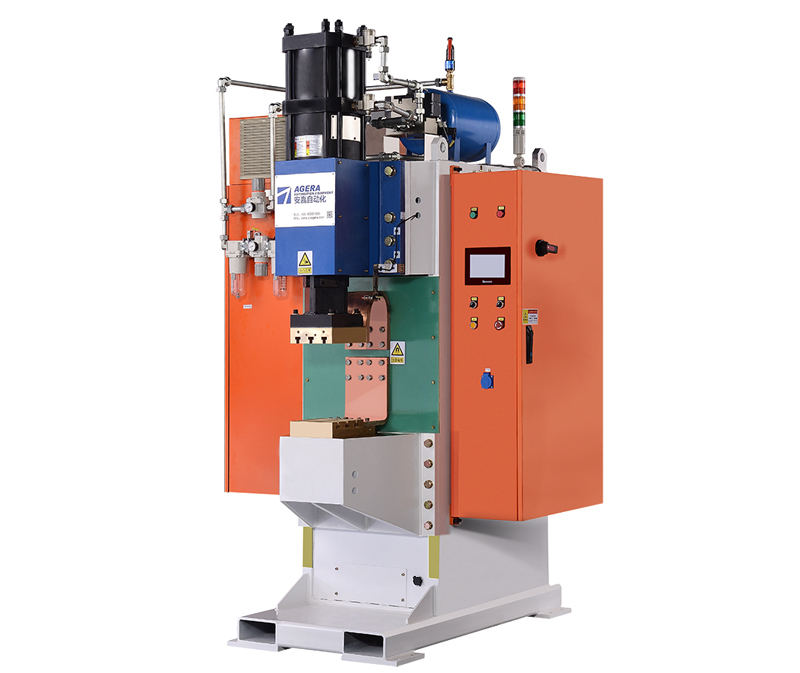Capacitor Discharge (CD) spot welding machines are essential tools for various industries, providing fast and reliable welding solutions. However, like any machinery, they can experience overheating due to continuous operation or unfavorable conditions. This article discusses effective maintenance strategies to prevent overheating in CD spot welding machines.
- Cooling System Inspection: Regularly inspect the cooling system components, including fans, radiators, and coolant circulation. Ensure that the cooling system is functioning properly and that there are no obstructions or blockages that could impede heat dissipation.
- Environmental Conditions: Maintain an appropriate operating environment for the welding machine. Ensure proper ventilation and avoid exposing the machine to excessive heat sources. Ambient temperature plays a crucial role in preventing overheating.
- Duty Cycle Management: CD spot welding machines have duty cycle ratings that indicate the duration of continuous operation before a cooling-off period is necessary. Adhere to the duty cycle guidelines to prevent overheating and ensure optimal performance.
- Electrode Maintenance: Clean and properly maintain the welding electrodes to prevent excessive resistance and heat buildup during the welding process. Damaged or worn electrodes can lead to increased energy consumption and heat generation.
- Energy Optimization: Fine-tune the welding parameters such as current and voltage settings to minimize energy consumption. Excessive energy usage can lead to increased heat generation, contributing to overheating.
- Scheduled Breaks: Incorporate scheduled breaks into your welding operations to allow the machine to cool down. This can prevent the accumulation of excessive heat and extend the machine’s lifespan.
- Machine Isolation: When the welding machine is not in use, consider turning it off or disconnecting it from the power source. This prevents unnecessary heat buildup when the machine is idle.
Preventing overheating in Capacitor Discharge spot welding machines requires a combination of proactive measures and maintenance practices. By regularly inspecting the cooling system, managing environmental conditions, adhering to duty cycle guidelines, maintaining electrodes, optimizing energy usage, scheduling breaks, and properly isolating the machine when not in use, operators can ensure the longevity and efficient performance of their welding equipment. By following these maintenance tips, welding professionals can effectively mitigate the risk of overheating and ensure consistent, high-quality weld results.
Post time: Aug-09-2023








